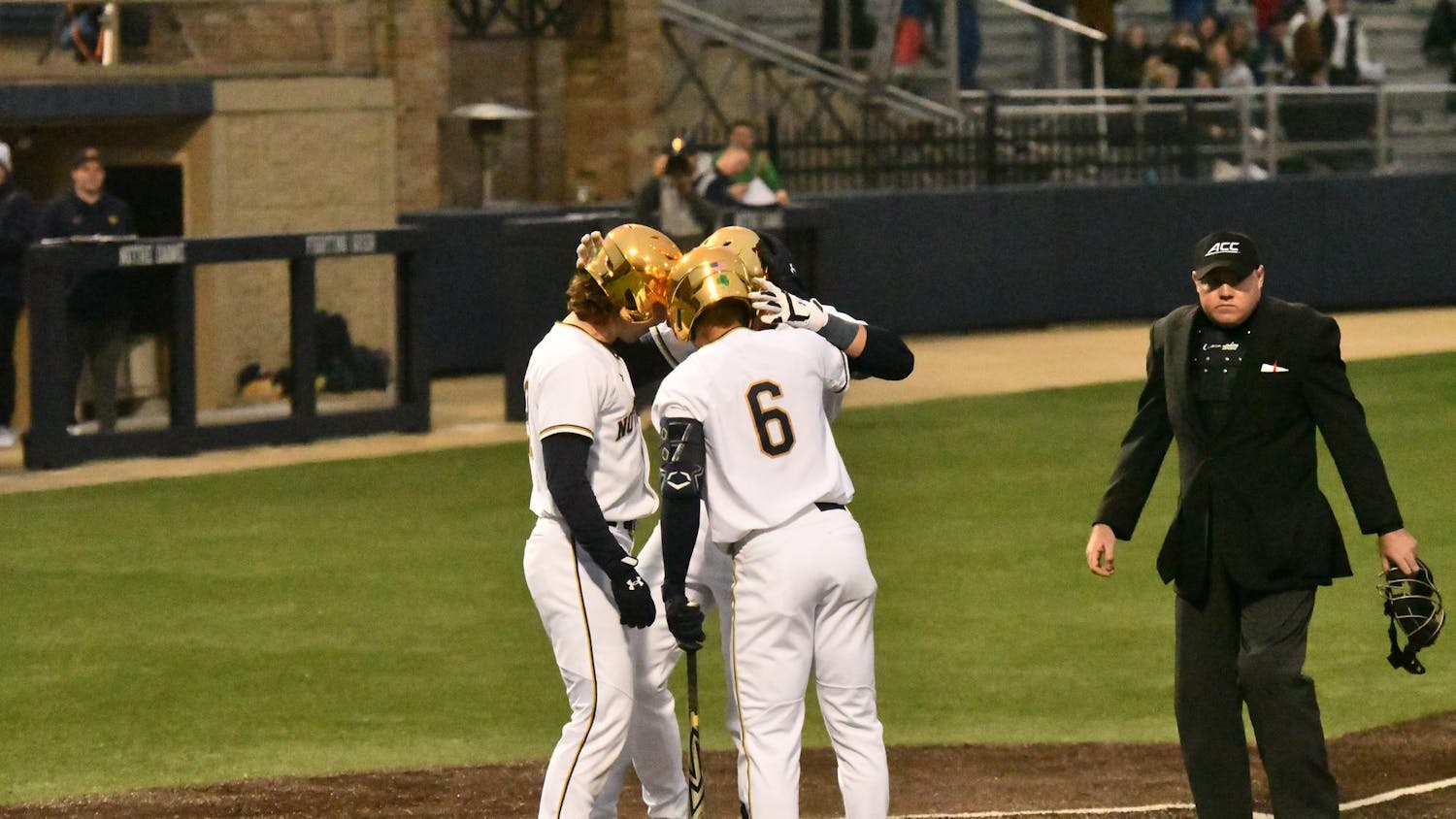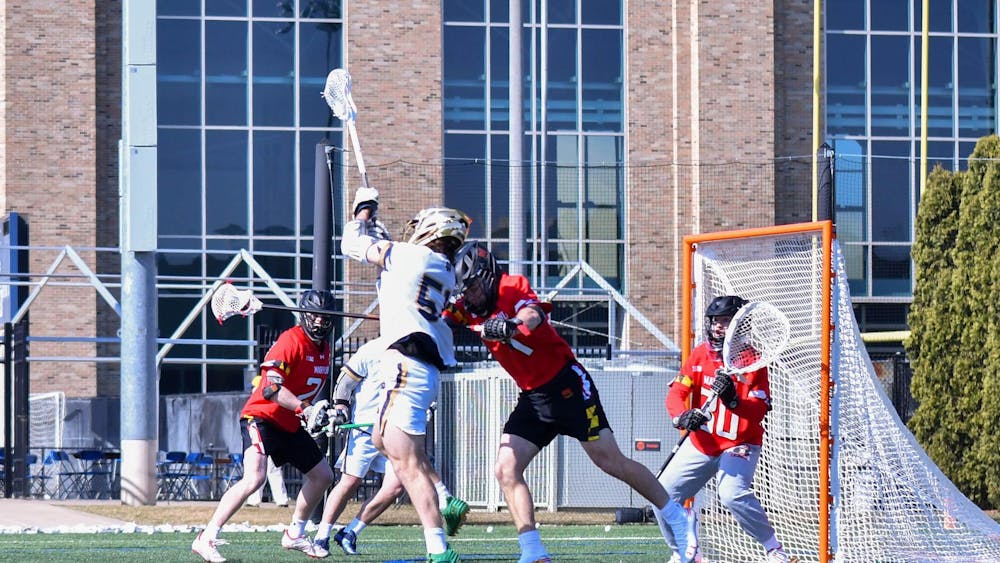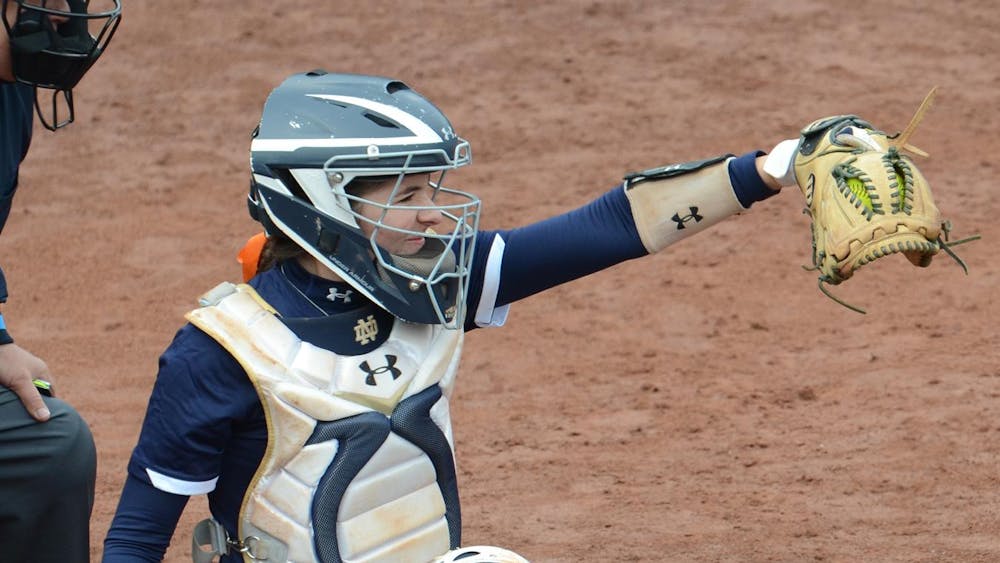Unless you have a burning distaste for the game of baseball, running in fear from every news piece, you will have heard that “The Captain” is retiring this year. Yes, Yankees shortstop Derek Jeter has been on his farewell tour, going from stadium to stadium, receiving honor after honor and rightfully being celebrated as one of the greatest players to play the game. Few players will leave a mark on the game of baseball quite like Jeter has, and even fewer have done so for the most high-profile team in the game.
Yet, among all the celebrations and ceremonies, another captain has gotten lost in the shuffle. White Sox iconic first baseman Paul Konerko is also retiring after this season, and he leaves behind as large of an impact on the White Sox as Jeter does on the Yankees.
Konerko’s 432 home runs and 1,379 RBIs put him second in franchise history behind Hall of Fame first baseman Frank Thomas. He also sits atop the White Sox record books in total bases, while sliding in at second in extra-base hits, third in hits and doubles and fourth in runs. Of his 18 MLB seasons, he played 16 with Chicago. More than once, Konerko left money on the table with other teams, choosing loyalty, fans and a city over dollar bills. He never left Chicago for better World Series odds or for greater glory, staying loyal to a team consistently parked in mediocrity.
From 2004 through 2011, Konerko hit 30 or more home runs six times. From 2002 to 2012, he was named an All-Star six times. From 2010 to 2012, after reaching the age of 34, Konerko hit .306, with 96 home runs and 291 RBIs. That is the kind of production, late in a career, that reflects a player’s true talent and work ethic. It has already been announced that Chicago will retire his number soon after he plays his last inning in a White Sox uniform.
Sure, those are impressive numbers, but it’s other anecdotes that make Konerko so special. During the White Sox 2005 playoff run, he was asked multiple times to be the team captain. Every time, he declined, arguing that no man should be raised above another on a team. Yet, for the World Series, he agreed and led the White Sox to their first title in 88 years. He has captained the team ever since.
Konerko has been a quiet leader who barely raised a fist about his shoulder when he hit a two-out grand slam off Astros pitcher Chad Qualls in that same World Series. He let his play do the talking, analyzing his struggles and critiquing his performance more than he celebrated his victories and successes.
During a time when a player’s on-the-field performance was often questioned, with the buzz of steroids always in the background, Konerko was never doubted. In an era when a player’s off-the-field actions are broadcast worldwide and subject to intense scrutiny, Konerko never had a negative headline. “Paulie” was an old-fashioned player, a man who worked hard, loved baseball and played the game the way it should be played. A role model, family man, a loyal teammate, a technician who evaluated every single swing he ever took, a leader and a captain.
One more anecdote for you. In 2010, Konerko took a 90 mile-per-hour Carl Pavano fastball to the face. I mean, directly to the face. Konerko didn’t spike his bat, whine, complain, charge the mound or even flash so much as a dirty look. In less than 30 seconds, the then-34-year-old was up, ready to jog down to first base. He was pulled back to be evaluated by trainers, but after a couple minutes, with no drama in tow, Konerko was standing on first base and 90 feet closer to scoring. No flash, just another runner on base. At least, that’s the way he saw it.
No, Konerko probably isn’t a Hall of Famer. His numbers don’t put him in that conversation, especially during an era when power hitters are a dime-a-dozen.
Though he was one of the best first basemen and power hitters of his era, he will not be remembered the way he should be. When the White Sox retire their captain’s No. 14 jersey and build his statue, will the man nicknamed “The King” by his teammates be fully celebrated outside of the Windy City? Will he even be fully celebrated outside of the southern half of Chicago? Probably not. Then again, would he really mind?













